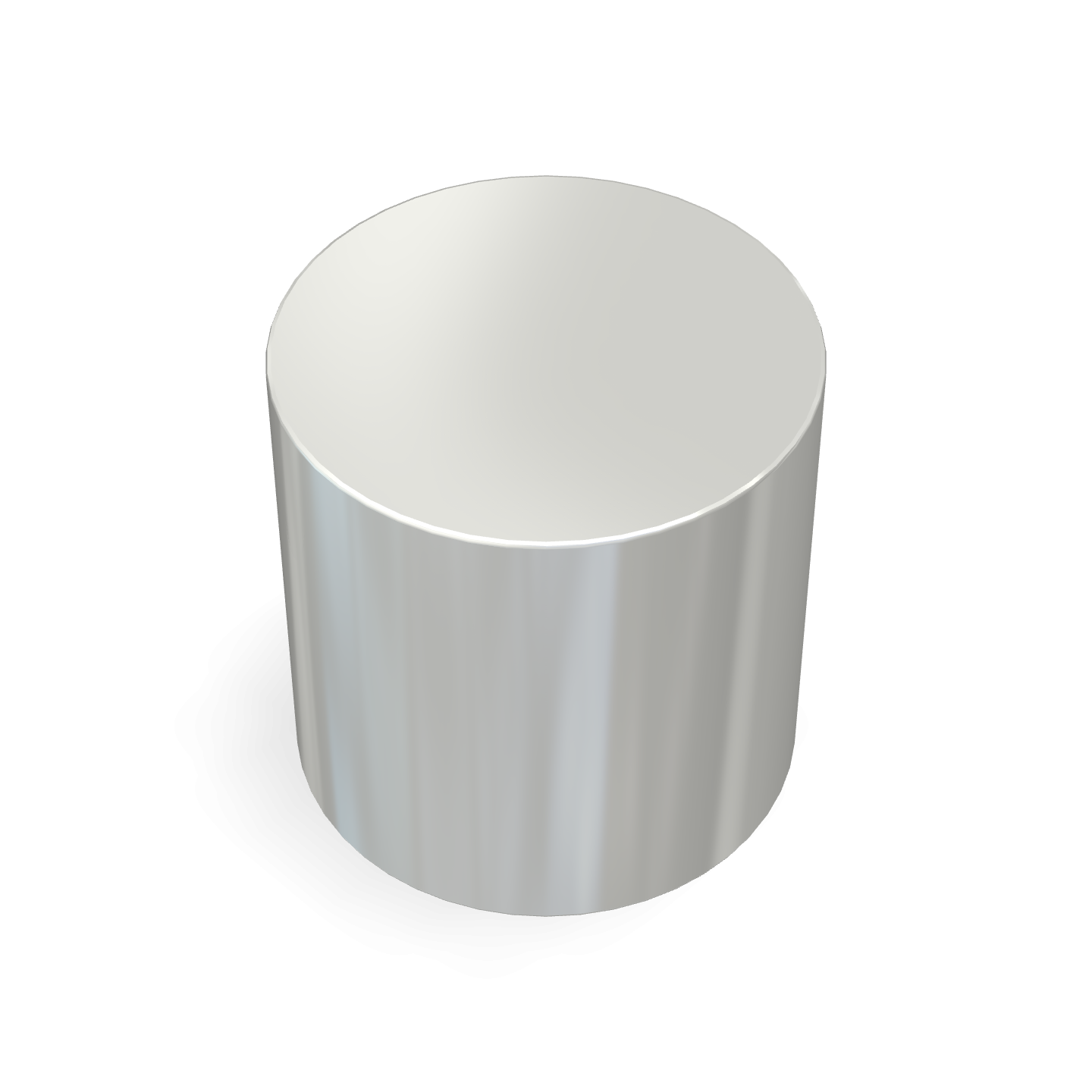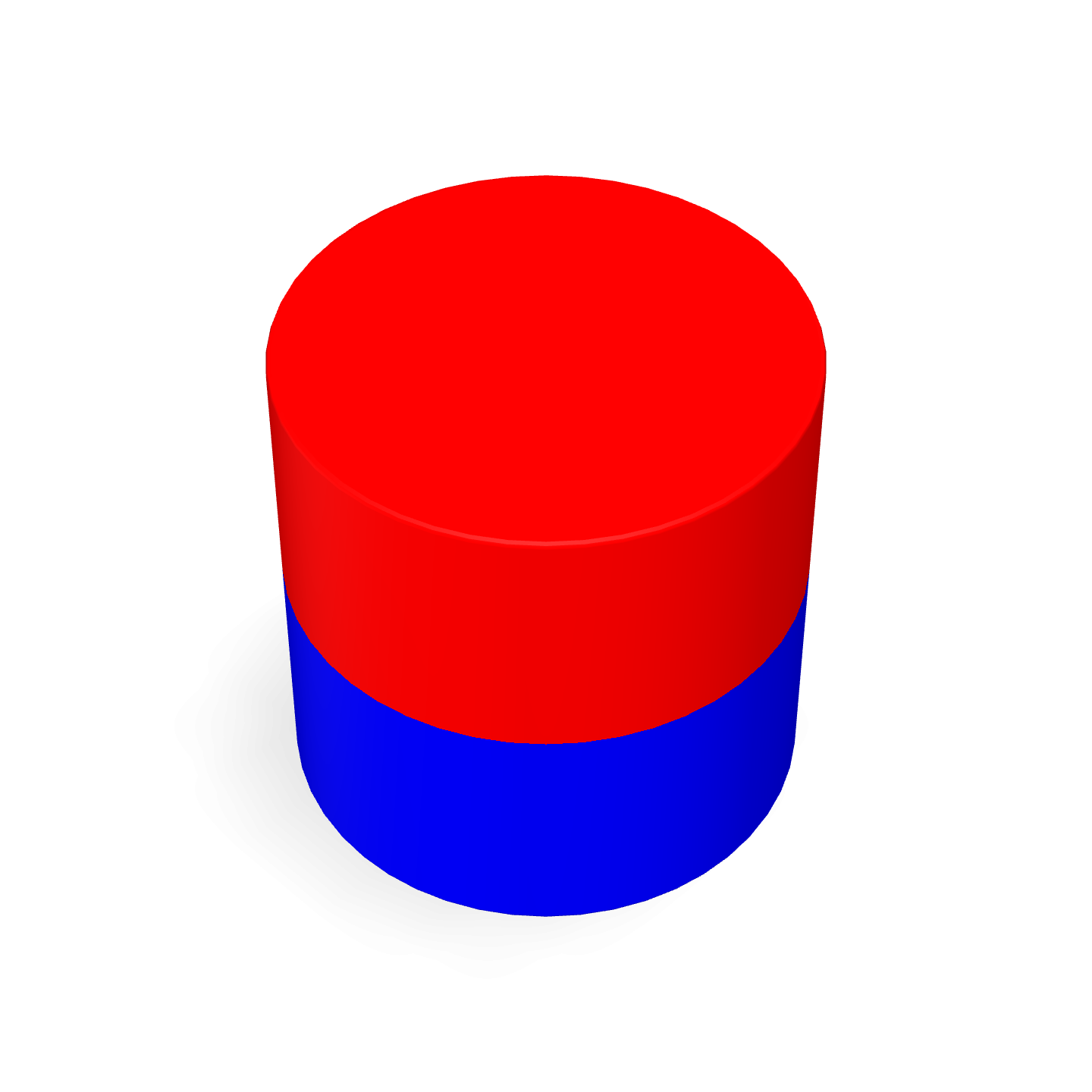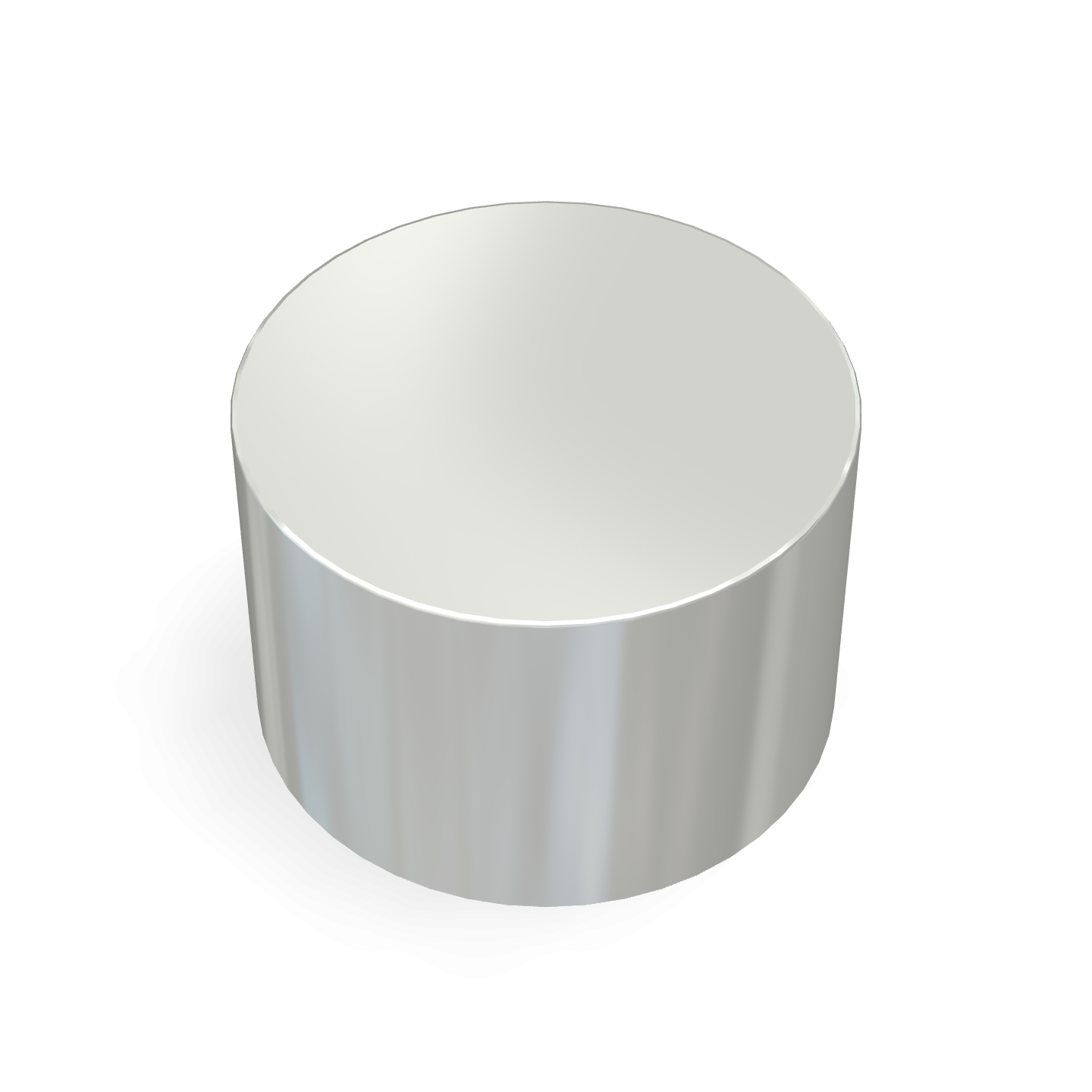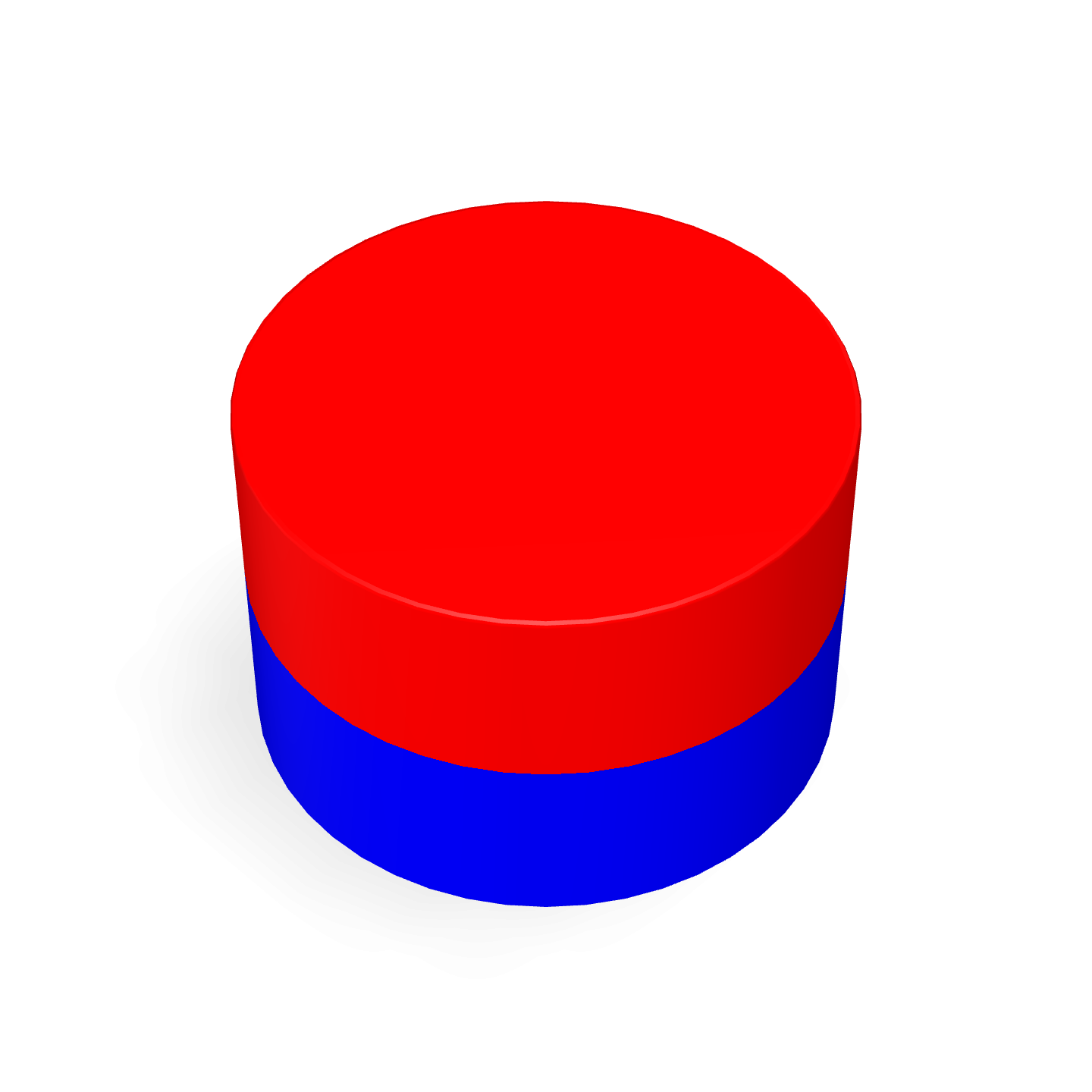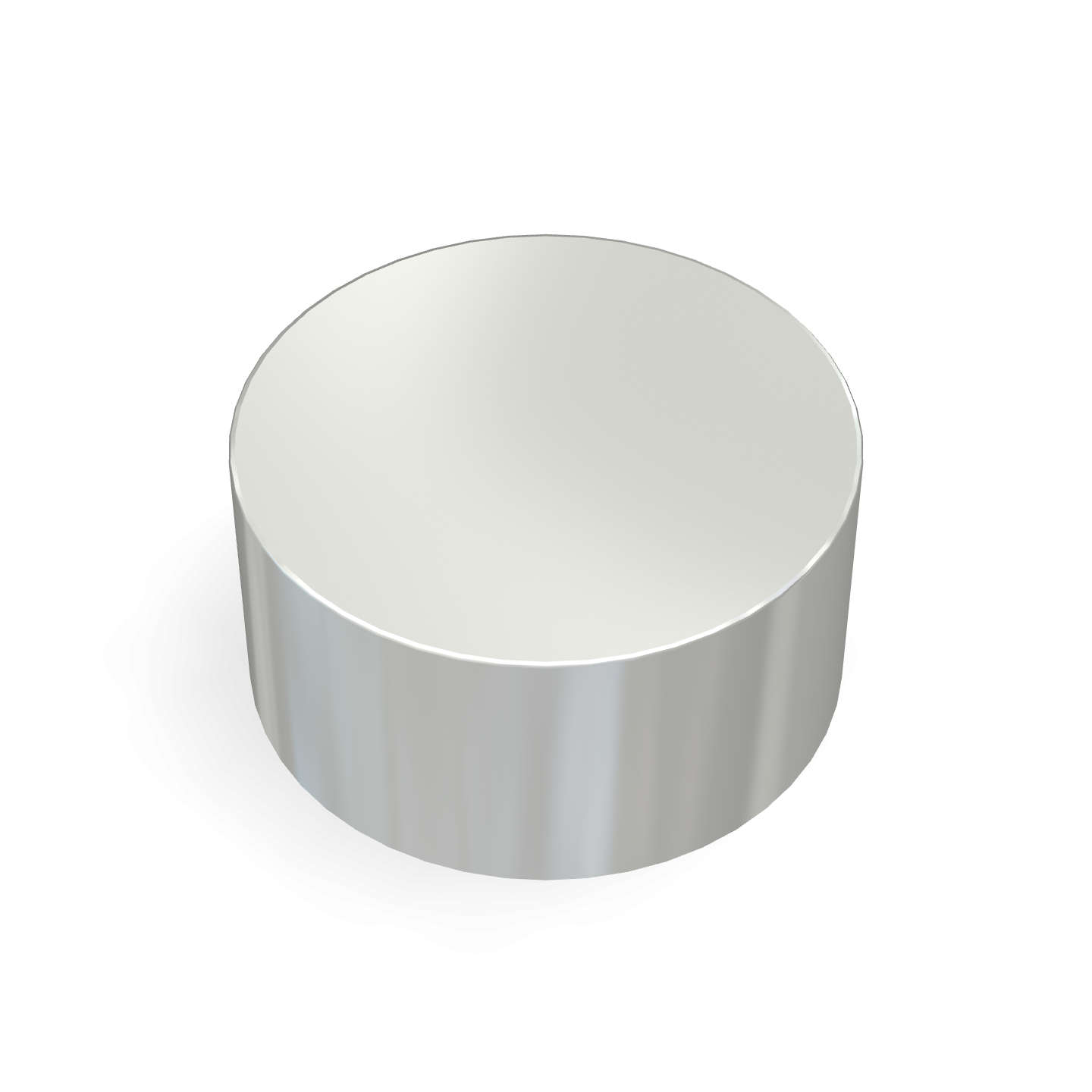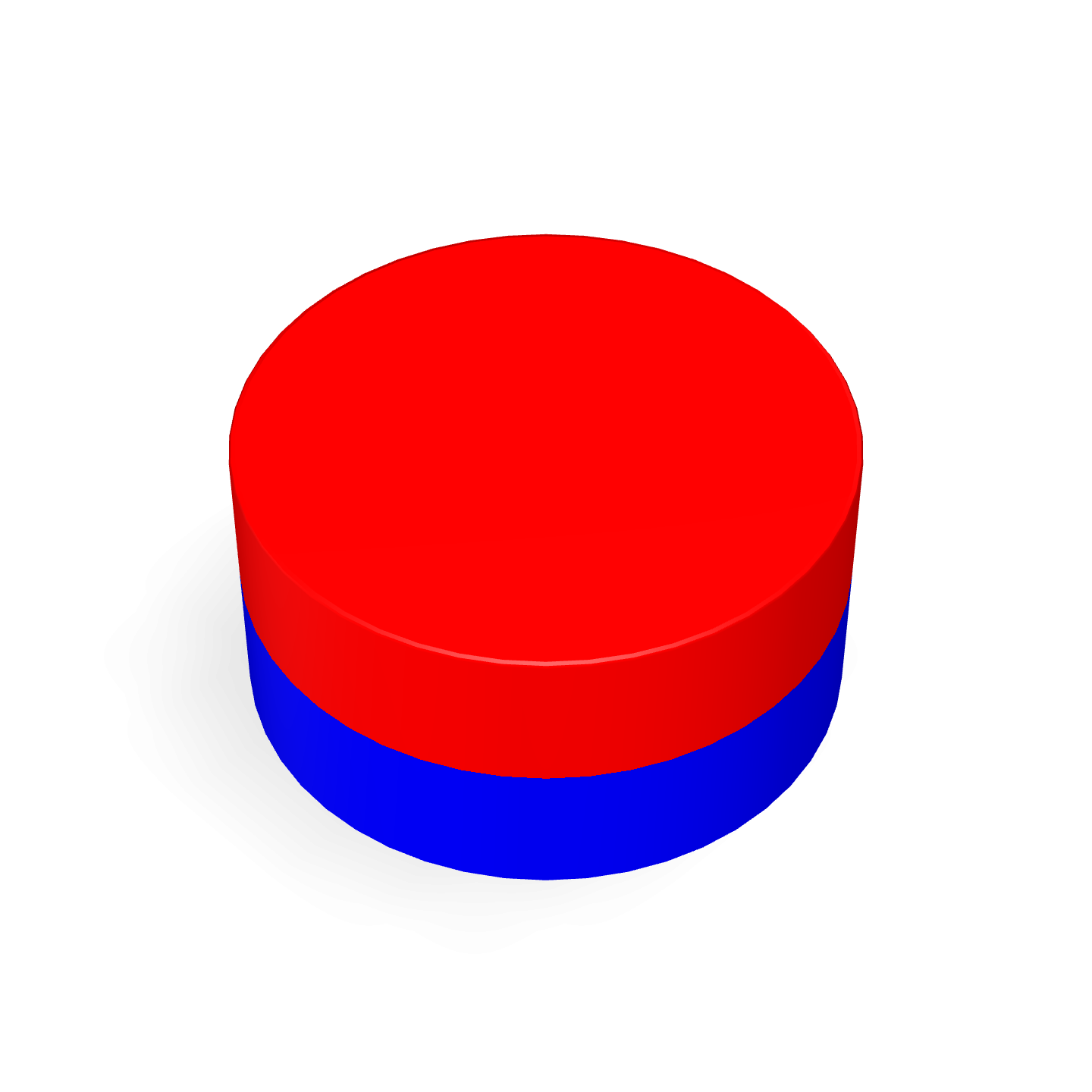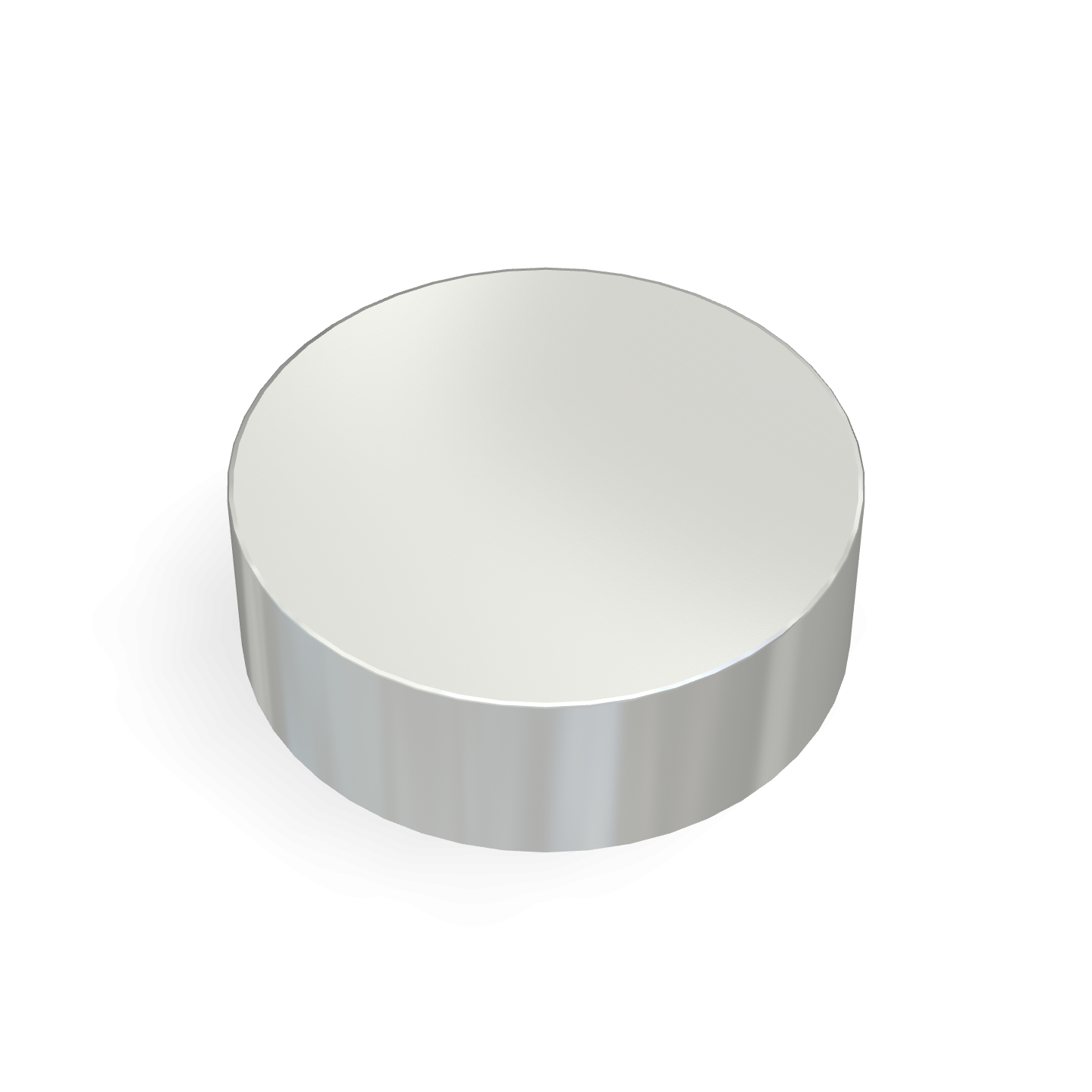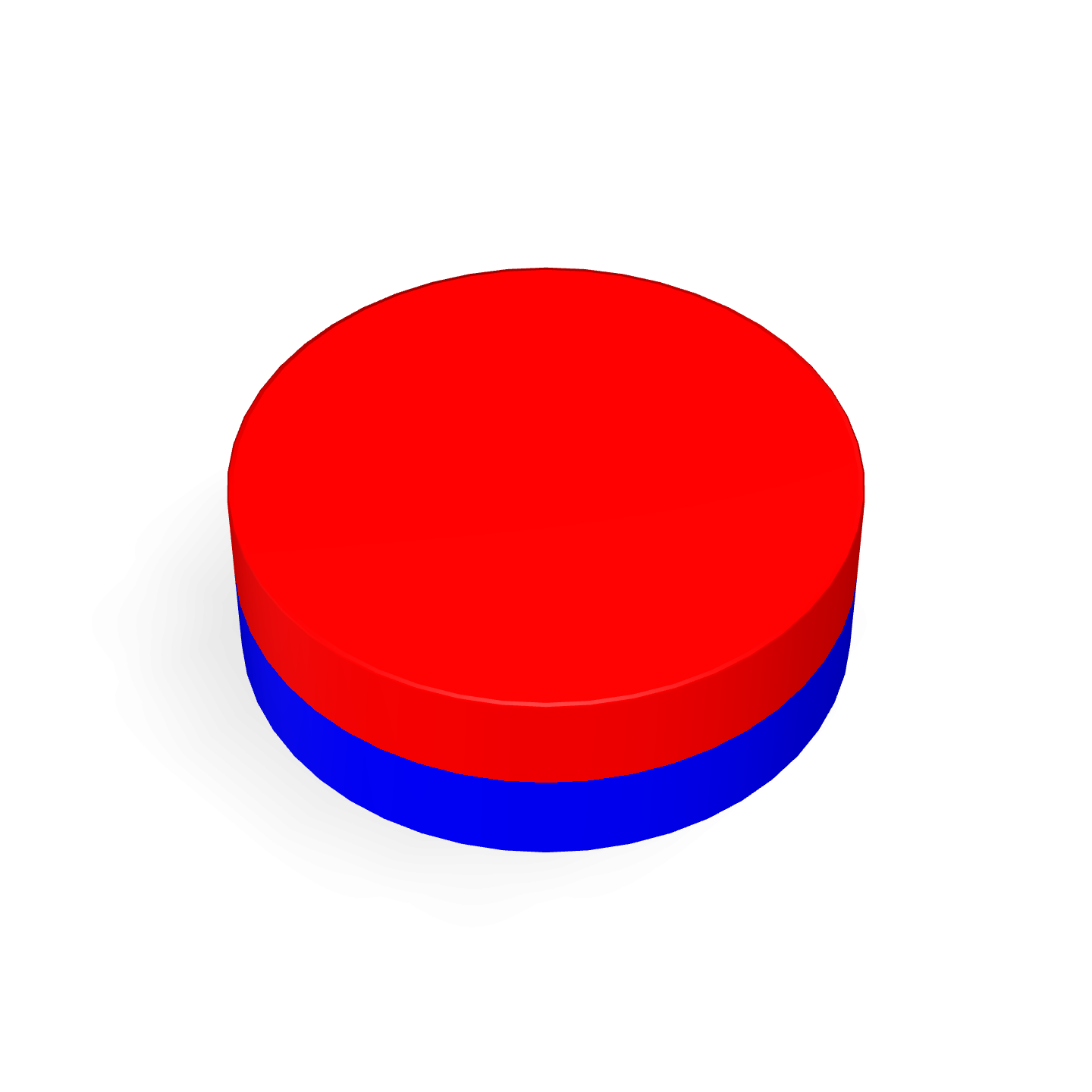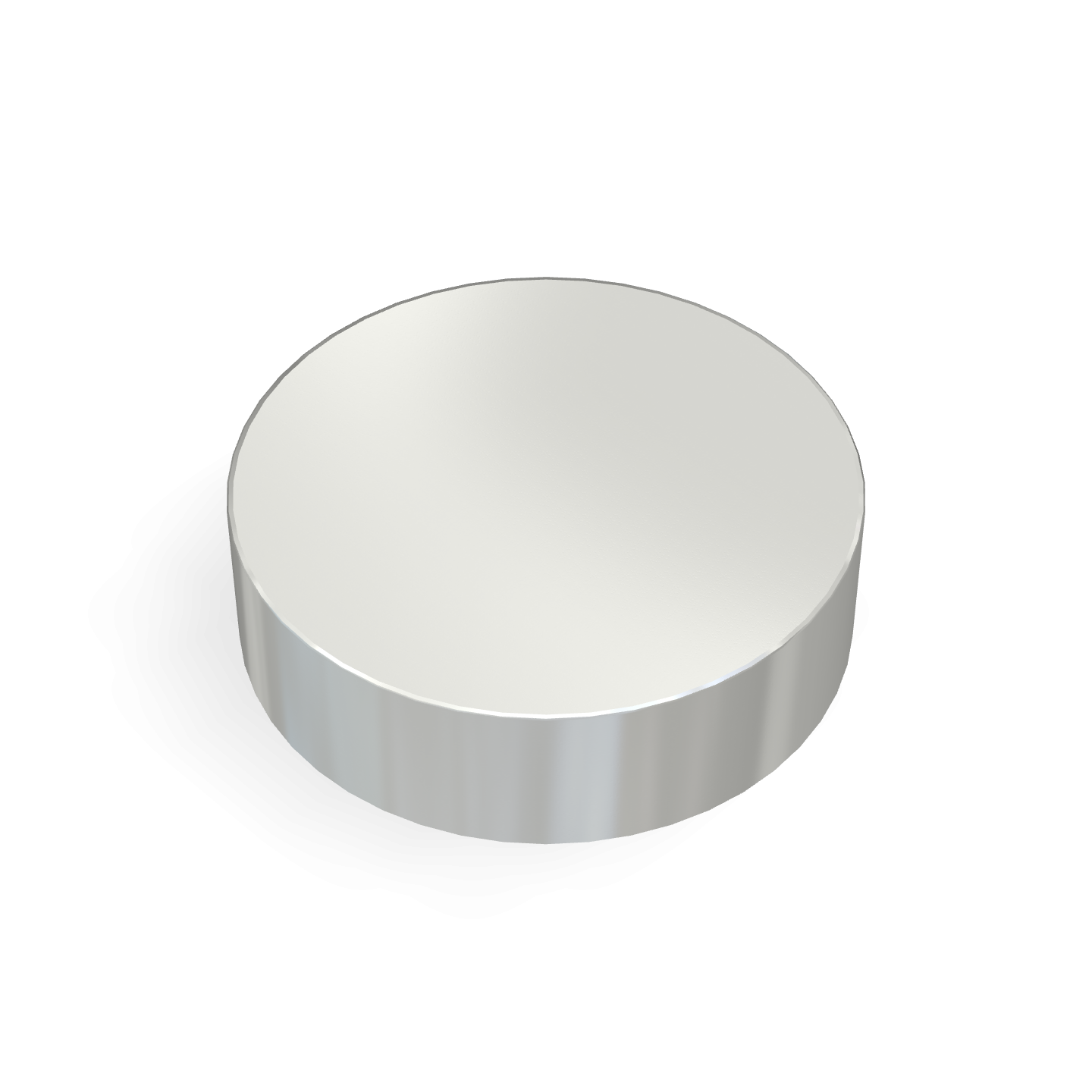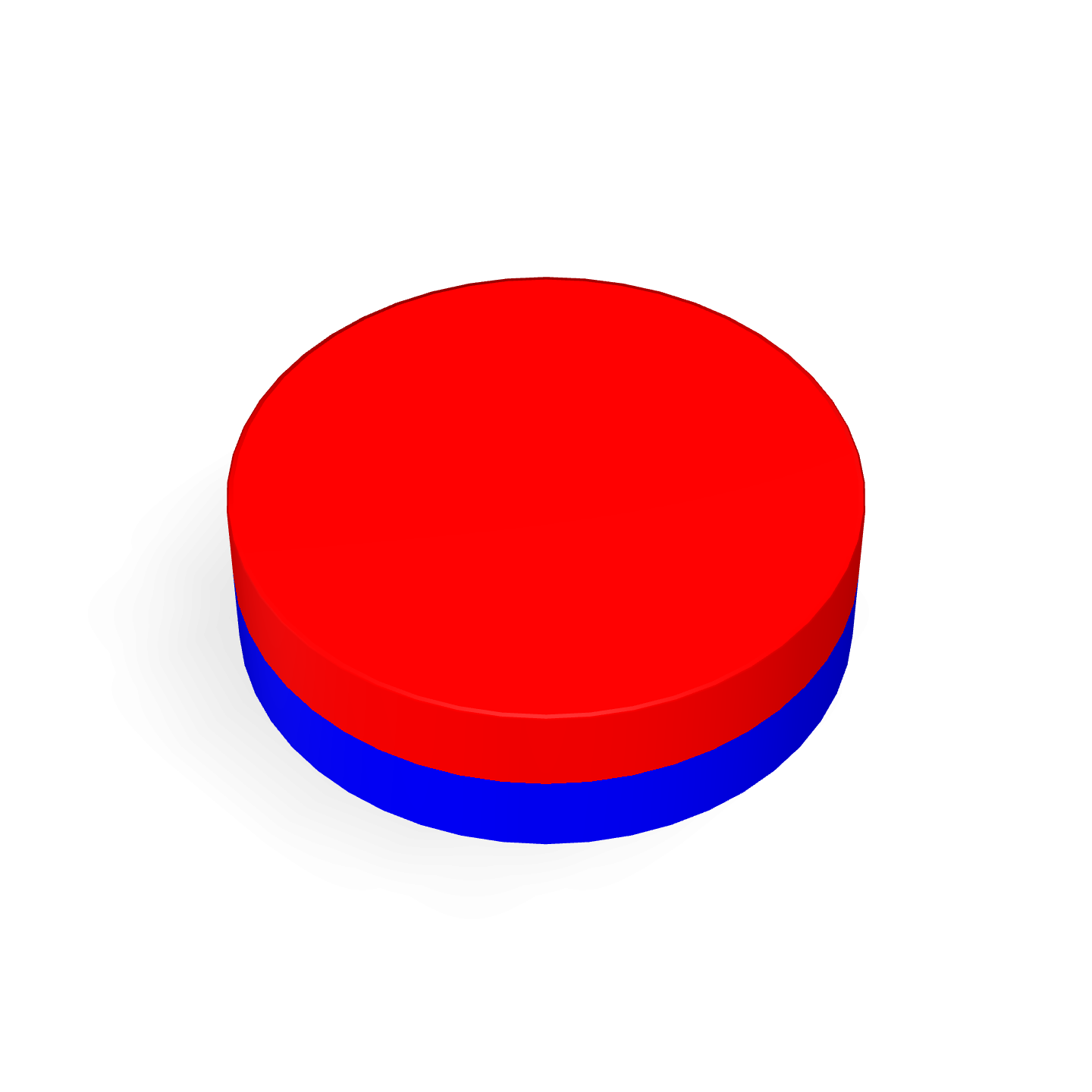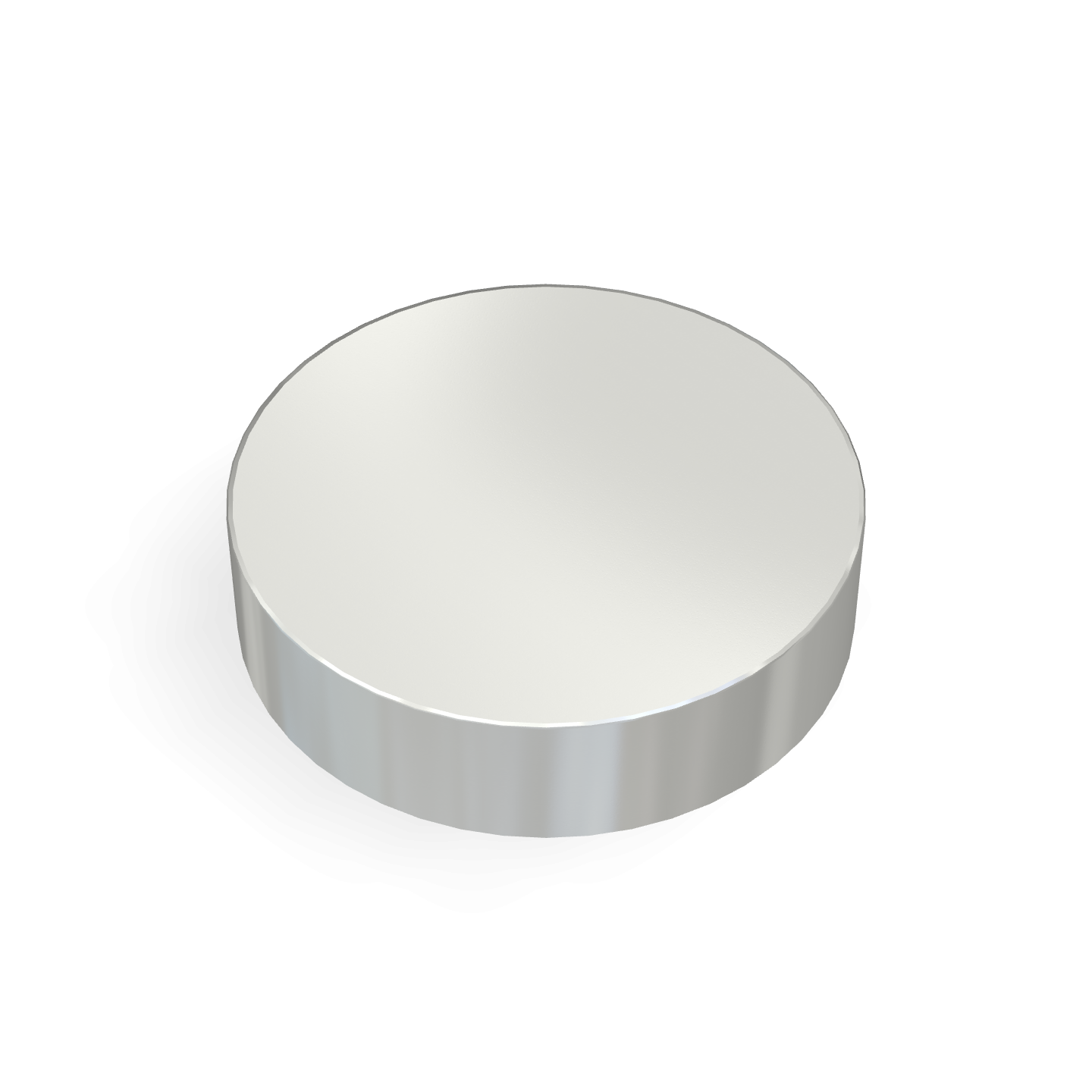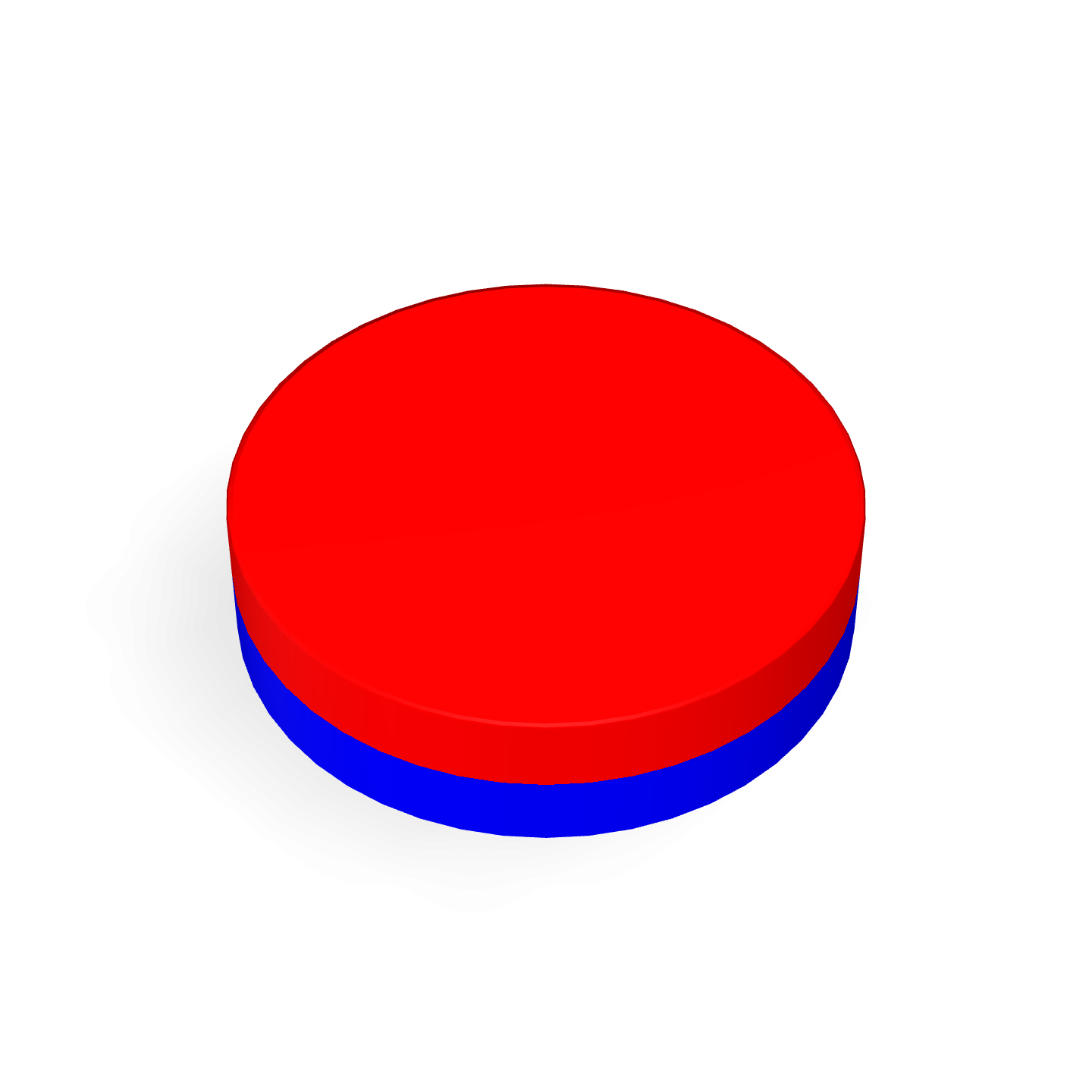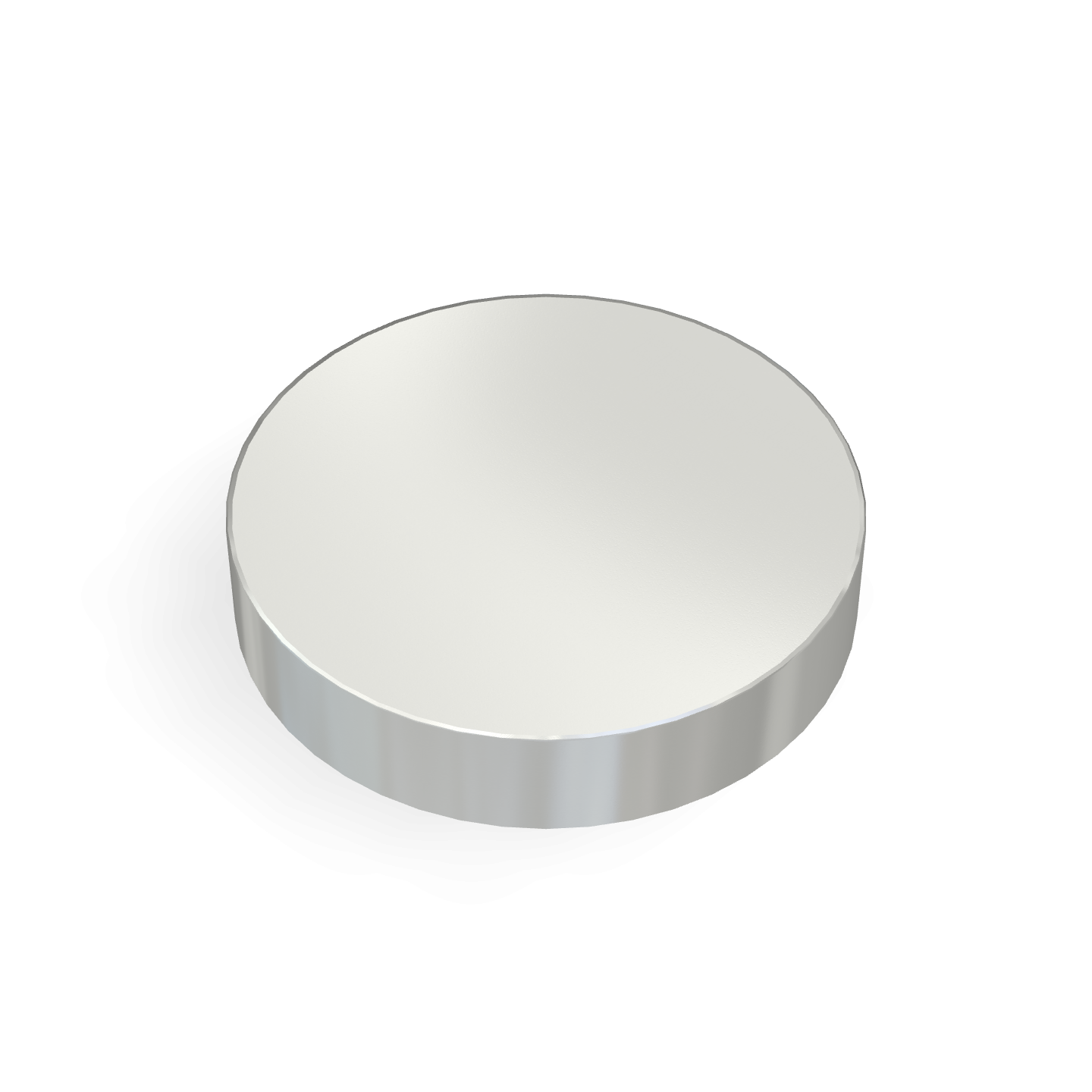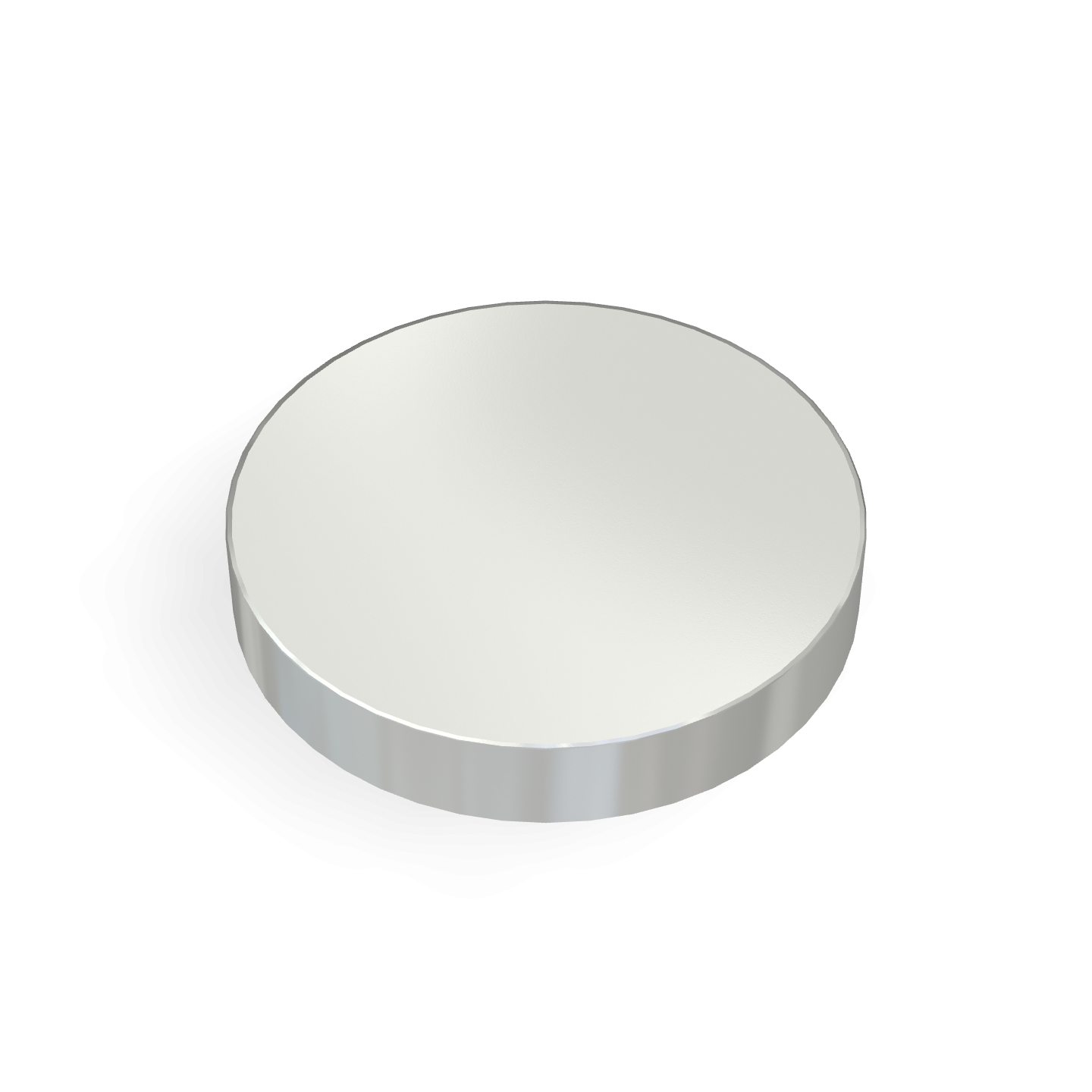Understanding Neodymium Magnet Density: A Key Factor in Magnet Performance
Neodymium magnets, also known as NdFeB magnets, are widely recognized for their exceptional strength and versatility. One of the crucial characteristics that determine their performance is neodymium magnet density. Understanding the density of a neodymium magnet helps in selecting the right type for various applications, from industrial use to hobbyist projects.
What is Neodymium Magnet Density?
Density, in simple terms, refers to how much mass is packed into a given volume. For neodymium magnets, density is a critical factor because it directly influences magnetic strength and durability.
Most neodymium magnets have a density of approximately 7.4 to 7.6 g/cm³, depending on their composition and manufacturing process. The higher the density, the stronger and more compact the magnet.
Density Comparison of Neodymium Magnet Grades
| Magnet Grade | Density (g/cm³) | Typical Applications |
|---|---|---|
| N28 | 7.30 | Low-cost industrial applications, general-purpose use |
| N30 | 7.32 | Basic consumer electronics, lightweight applications |
| N33 | 7.38 | Household and hobby use, DIY projects |
| N35 | 7.40 | General industrial and consumer electronics |
| N42 | 7.45 | Medical devices, sensors |
| N48 | 7.50 | Magnetic separation, motors |
| N52 | 7.60 | High-performance electric motors, advanced industrial use |
Why is Neodymium Magnet Density Important?
Density plays a crucial role in:
- Magnetic Strength – A denser neodymium magnet produces a stronger magnetic field, making it ideal for applications requiring high holding force.
- Durability – Higher density often means better resistance to cracking and chipping, which is crucial for industrial magnet applications.
- Size Optimization – Denser magnets provide more power in a smaller size, making them essential for compact designs in electronics and other industries.
How Neodymium Magnet Density Affects Different Applications
Understanding density is essential when selecting industrial magnets for various uses. Here are some examples:
1. Automotive Industry
Neodymium magnets are commonly used in electric vehicle motors. Their density allows for compact yet powerful motor designs, contributing to energy efficiency.
2. Magnetic Separation
High-density magnets in Canada are used in industrial separation processes, efficiently extracting ferrous materials from mixtures.
3. Consumer Electronics
From smartphone speakers to hard drives, dense neodymium magnets enhance performance in a minimal footprint.
Choosing the Right Neodymium Magnet
When selecting a neodymium magnet, consider:
- Application Requirements – Does the magnet need to be ultra-strong, heat-resistant, or corrosion-resistant?
- Coatings – Nickel, zinc, or epoxy coatings can impact durability.
- Grade – Higher grades (e.g., N52) have higher density and strength.
Magfine Corporation offers a wide range of high-quality neodymium magnets designed for industrial and consumer applications.
Final Thoughts
The density of neodymium magnets is a crucial factor influencing their strength, durability, and efficiency. Whether you're sourcing magnets in Canada for industrial or personal use, understanding density helps in making an informed decision.


